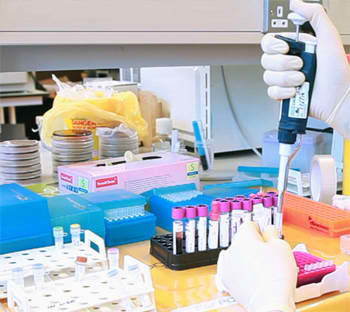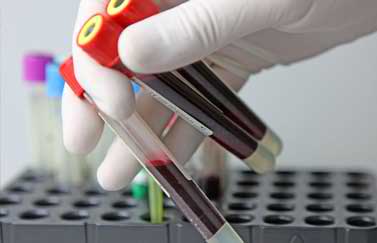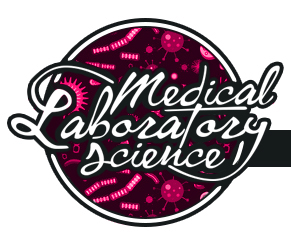|


 |
Clinical Chemistry 1
Also known as chemical pathology, clinical biochemistry or medical biochemistry. One of the most important in the laboratory. It is the area of Clinical Pathology that is generally concerned to the study of chemical and biochemical mechanisms of the body in relation to disease, mostly through the analysis of body fluids such as blood or urine. Body fluids are liquids originating from inside the bodies of living people. They include fluids that are excreted or secreted from the body as well as body water that normally is not.

Diseases such as heart attacks, kidney failure, viral and bacterial infection, infertility, diabetics, high cholesterol, thyroid problems or measuring drug levels to make sure people are on the best dose are some of the many areas where the Clinical Chemistry Laboratory becomes involved in a persons. Some regional laboratories are involved in screening services such as phenylketonuria and cystic fibrosis in newborn babies, genetic screening and screening for illegal drug use. Phenylketonuria is an inborn error of metabolism involving impaired metabolism of an amino acid while the cystic fibrosis is a genetic disorder that affects mostly the lungs but also the pancreas, liver, kidneys, and intestines.

There are some common clinical chemistry tests like. Blood glucose, or blood sugar, levels indicate how the body handles glucose. Measuring glucose levels after fasting (when the patient has not eaten anything for 8 hours) can help diagnose diabetes or hypoglycemia (low blood sugar), Electrolytes that include sodium, potassium, chloride, bicarbonate, calcium, phosphorus, and magnesium. This electrolytes are for the indication of metabolic or kidney disorders.
|
|



